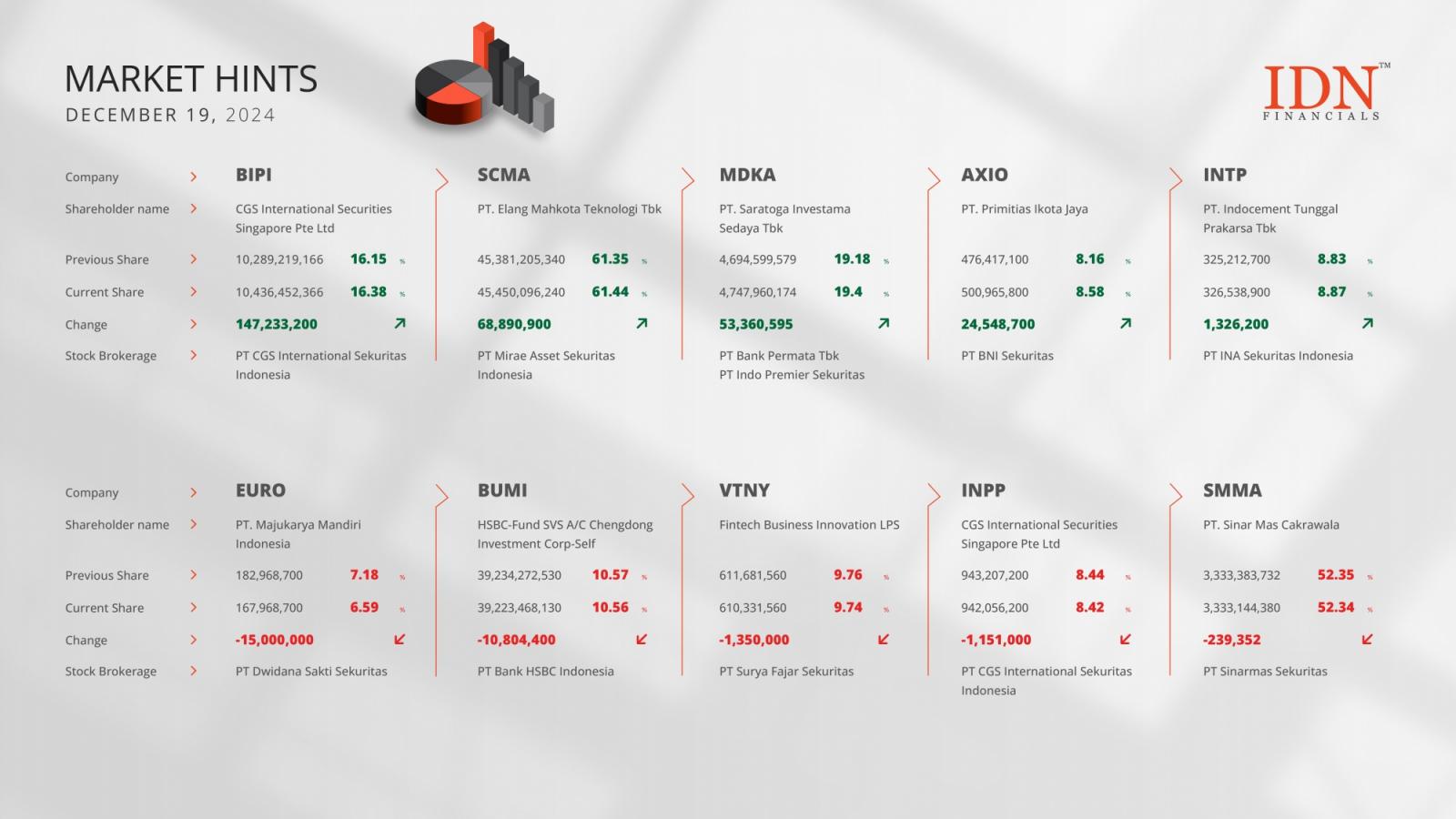Stratis, a blockchain company specializing in flexible and modular enterprise-grade solutions, has achieved a significant milestone by receiving Virtual Asset Service Provider (VASP) registration from the Banco de España, the central bank of Spain. This registration officially recognizes Stratis as a registered blockchain platform operating in the country.
The announcement, made on March 28, highlights that Stratis’ Layer 1 blockchain platform is now authorized to provide crypto-to-fiat exchange services and crypto custodial services to users within the Spanish market. This achievement follows a rigorous review of Stratis’ compliance policies, ensuring adherence to Spain’s Anti-Money Laundering Directive and other financial regulations.
Stratis Plans Crypto Payment Acceptance for Tourism and Entertainment Sectors in Spain with VASP Registration
Announcement:
Stratis has obtained a Virtual Asset Services Provider (VASP) registration from the Bank of Spain. Joining top companies like Binance, Crypto. com and Coinbase on Spain’s VASP registry.
More details to follow in the coming days. pic. .com/IxKIQp1yKe
— Stratisplatform (@stratisplatform) March 28, 2024
By obtaining VASP registration, Stratis demonstrates its commitment to regulatory compliance and positions itself as a trusted provider of blockchain services in Spain. This recognition opens up new opportunities for the company to serve the growing demand for secure and compliant blockchain solutions within the Spanish financial landscape.
Having obtained Virtual Asset Service Provider (VASP) registration from Spain’s central bank, Stratis is poised to expand its offerings in the Spanish market. The company plans to introduce crypto payment acceptance services, mainly targeting Spain’s tourism and entertainment sectors. This initiative aims to enhance the appeal of Spanish nightclubs and leisure venues for crypto-native customers.
As part of the VASP registration process, Stratis engaged with SEPBLAC, Spain’s financial intelligence unit, demonstrating its commitment to anti-money laundering measures.
The Spanish regulatory landscape for the crypto market has proactively protected investors while fostering growth within the sector. Comprehensive guidelines cover registration, issuance, taxation, and licensing, and several companies have secured licenses as part of regulatory compliance efforts.
In 2023, registration compliance significantly increased, with 30 firms obtaining full licenses. This uptick followed the release of guidelines in 2022, reflecting the growing global demand and the industry’s response to regulatory requirements.
Moreover, the registration paves the way for Stratis to explore the issuance of a regulated Euro stablecoin, backed one-to-one with fiat currency. This stablecoin could facilitate faster, more automated, and more cost-effective settlements while aligning with regulatory standards.
Spain’s CNMV Issues Warnings About Unregistered Companies, Including Cryptocurrency Firms
Spain’s financial regulator, the National Securities Markets Commission (CNMV), has warned investors regarding 18 companies operating in the country without proper registration.
On February 26, the CNMV published a list of these firms, which includes three cryptocurrency companies: Bitbinx, Crytomerge, and CryptoMaxiTrade. The regulator highlighted the potential risks of dealing with unregistered firms and emphasized that these companies are not authorized to provide investment services or other supervised activities.
This move by the CNMV comes amid global efforts to address cryptocurrency-related losses and regulatory concerns. Events such as the fall of Terra’s stablecoin and the collapse of FTX in November 2022 sparked increased regulatory scrutiny, leading to the development of new registration templates and disclosure requirements.
The Markets in Crypto Assets (MiCA) regulation, hailed as a landmark regulation across the European Union, played a significant role in setting broader regulation and asset issuance rules within member states. Spanish authorities have also taken steps towards adopting the MiCA framework, aiming to prevent investor asset losses and foster global partnerships in the cryptocurrency sector.





